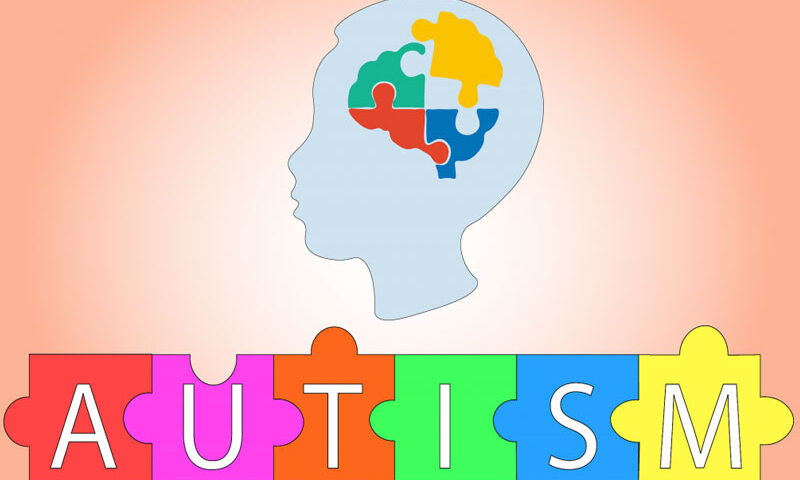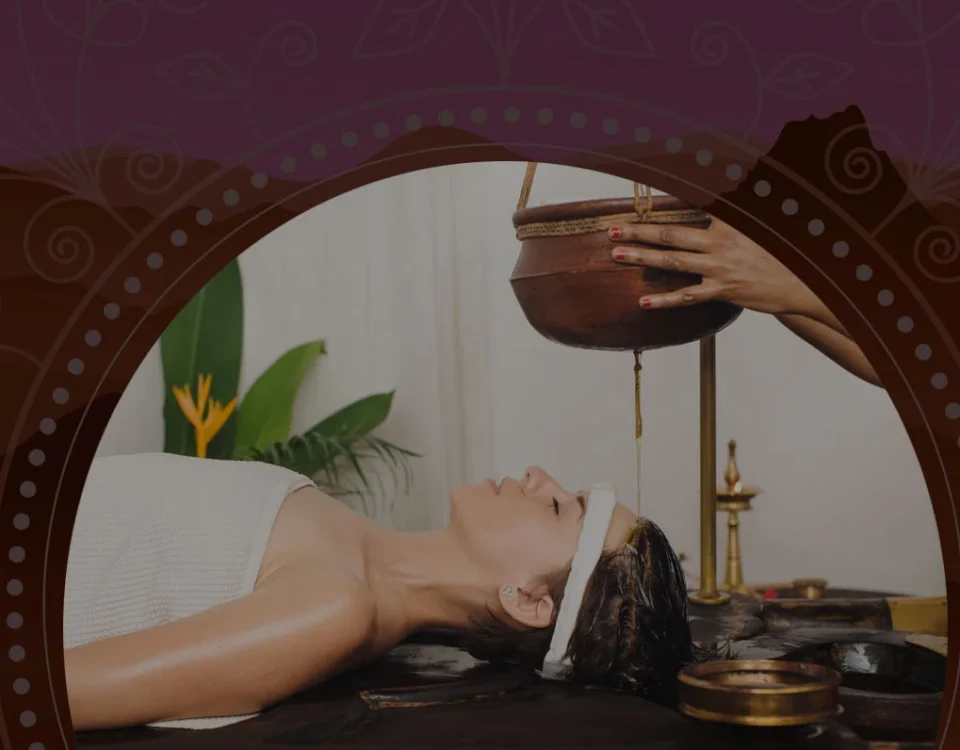Ayurveda for Management of Autism
Ayurveda for Management of Autism
Autism, also known as Autism Spectrum Disorder (ASD), is a neuro-developmental condition that affects communication, behaviour, and social interaction. It is characterised by a wide range of symptoms and challenges, making it a spectrum disorder. Autism is believed to be a complex interplay of genetic and environmental factors, and its prevalence has been increasing globally.
It’s important to note that autism is not a curable or reversible condition. We want to be transparent and honest about the limitations of any treatment approach. Ayurveda, while beneficial for various health conditions, does not offer cures for autism.
What is Autism?
Autism is a developmental disorder that typically appears in early childhood and lasts throughout a person’s life. It affects how individuals perceive the world and interact with others. Children with autism may have difficulties in communication, social interaction, and may engage in repetitive behaviours. It is essential to understand that each person with autism is unique, and their experiences and challenges may vary widely.
Etiological Factors of Autism
The exact cause of autism remains unknown, but researchers believe that it is likely a combination of genetic and environmental factors. Some studies suggest that certain genetic mutations may increase the risk of autism. Additionally, prenatal factors, such as exposure to certain toxins or infections during pregnancy, have been linked to an increased likelihood of autism in some cases.
Symptoms of Autism
The symptoms of autism can manifest in various ways, and their severity can range from mild to severe. Common symptoms may include difficulties in:
- Social Interaction: Children with autism may struggle to make eye contact, understand social cues, and engage in reciprocal conversations.
- Communication: Individuals with autism may have challenges in verbal and non-verbal communication, such as speech delays, repetitive language, or difficulty understanding gestures.
- Repetitive Behaviors: Many individuals with autism engage in repetitive actions or movements, like hand-flapping, rocking, or repeating certain phrases.
- Restricted Interests: People with autism often develop intense interests in specific topics and may have difficulty engaging in activities outside of their interests.
- Sensory Sensitivities: Sensory processing issues are common in autism, leading to over or under-sensitivity to stimuli like light, sound, or textures.
Types of Autism
Autism is considered a spectrum disorder, which means that it encompasses a wide range of symptoms and abilities. As such, there is no specific classification into distinct types of autism. Instead, individuals with autism may present with different combinations of symptoms and challenges, making each case unique.
Complications in Autism
Autism can lead to various challenges that may affect an individual’s quality of life. These may include difficulties in academics, social interactions, and adaptive skills. Some individuals with autism may also experience co-occurring conditions such as anxiety, attention deficits, or gastrointestinal issues.
Ayurvedic Concept and Management of Autism
In Ayurveda, an ancient system of medicine that originated in India, autism is viewed as a disorder of the mind and nervous system. It is believed that imbalances in the three doshas (Vata, Pitta, and Kapha) can lead to neurological issues and behavioural challenges. Ayurvedic practitioners approach the management of autism by focusing on restoring balance to the doshas and supporting overall health and well-being.
Precautions and Better Approaches for Autism Management
While there is no cure for autism, certain precautions and better approaches can be taken to improve the quality of life for individuals with autism. Early intervention, including behavioural therapy and educational support, can be beneficial in addressing communication and social challenges. Creating a structured and supportive environment at home and school can also be helpful.
Diet and Lifestyle in the Management of Autism
Ayurveda places significant emphasis on the role of diet and lifestyle in maintaining balance and promoting well-being. For individuals with autism, a balanced and nourishing diet tailored to their specific needs is essential. Avoiding processed foods, artificial additives, and potential allergens may be recommended. Regular exercise, such as yoga or calming physical activities, can also contribute to overall well-being.
Recommendation of Some Beneficial Exercises for Autism
Engaging in suitable physical activities can have positive effects on individuals with autism. Yoga, with its focus on gentle movements, breath-work, and relaxation, may help reduce stress and promote better self-regulation. Other activities, such as swimming or sensory play, can also be beneficial for sensory integration and motor skills development.
Ayurvedic Herbal Remedies for Autism
Ayurvedic herbs have been traditionally used to support neurological health and emotional well-being. While we cannot claim specific herbal remedies for autism, Ayurvedic practitioners may recommend certain herbs that are known for their calming and balancing effects on the nervous system.
Ayurvedic Therapies for Autism
Ayurvedic therapies, tailored to individual needs, aim to restore harmony and balance within the body and mind. These therapies can vary but may include soothing oil massages, herbal steam treatments, and specialised sensory therapies. However, it’s essential to remember that the effectiveness of Ayurvedic therapies can vary from person to person.
Why Ayur Healthcare?
At Ayur Healthcare, we believe in a holistic approach to health and well-being. Our team of qualified Ayurvedic practitioners is dedicated to providing personalised care and support to individuals with autism and other health concerns. We strive to create a nurturing environment where individuals and their families can find support and guidance on their wellness journey.
Conclusion
Autism is a complex and diverse condition that requires understanding, acceptance, and appropriate support. While Ayurveda offers a holistic approach to managing autism, it is essential to acknowledge that there is no one-size-fits-all solution. At Ayur Healthcare, we are committed to assisting individuals with autism in achieving their highest potential through personalised care, Ayurvedic practices, and lifestyle recommendations. However, it’s crucial to remember that autism management requires a multidisciplinary approach, and consultation with qualified healthcare practitioners is essential for tailored treatment plans. We do not claim to cure autism but aim to provide support and guidance on the path to improved well-being and a better quality of life.
Disclaimer
At Ayur Healthcare, we understand the challenges faced by individuals and families living with autism. We strive to provide compassionate support to enhance the quality of life for those with autism.
It’s important to note that autism is not a curable or reversible condition. We want to be transparent and honest about the limitations of any treatment approach. Ayurveda, while beneficial for various health conditions, does not offer cures for autism.
Our dedicated team of professionals is committed to offering assistance in the management of autism. Through personalised care, we aim to help individuals with autism lead fulfilling lives by addressing specific concerns and promoting overall well-being.
Please be aware that any information or testimonials suggesting miraculous results are not in line with our philosophy. We prioritise integrity and adherence to ethical practices in our pursuit of supporting individuals with autism and their families.
At Ayur Healthcare, we are here to offer genuine assistance and guidance in various health conditions, aiming for a better quality of life for those we serve.




